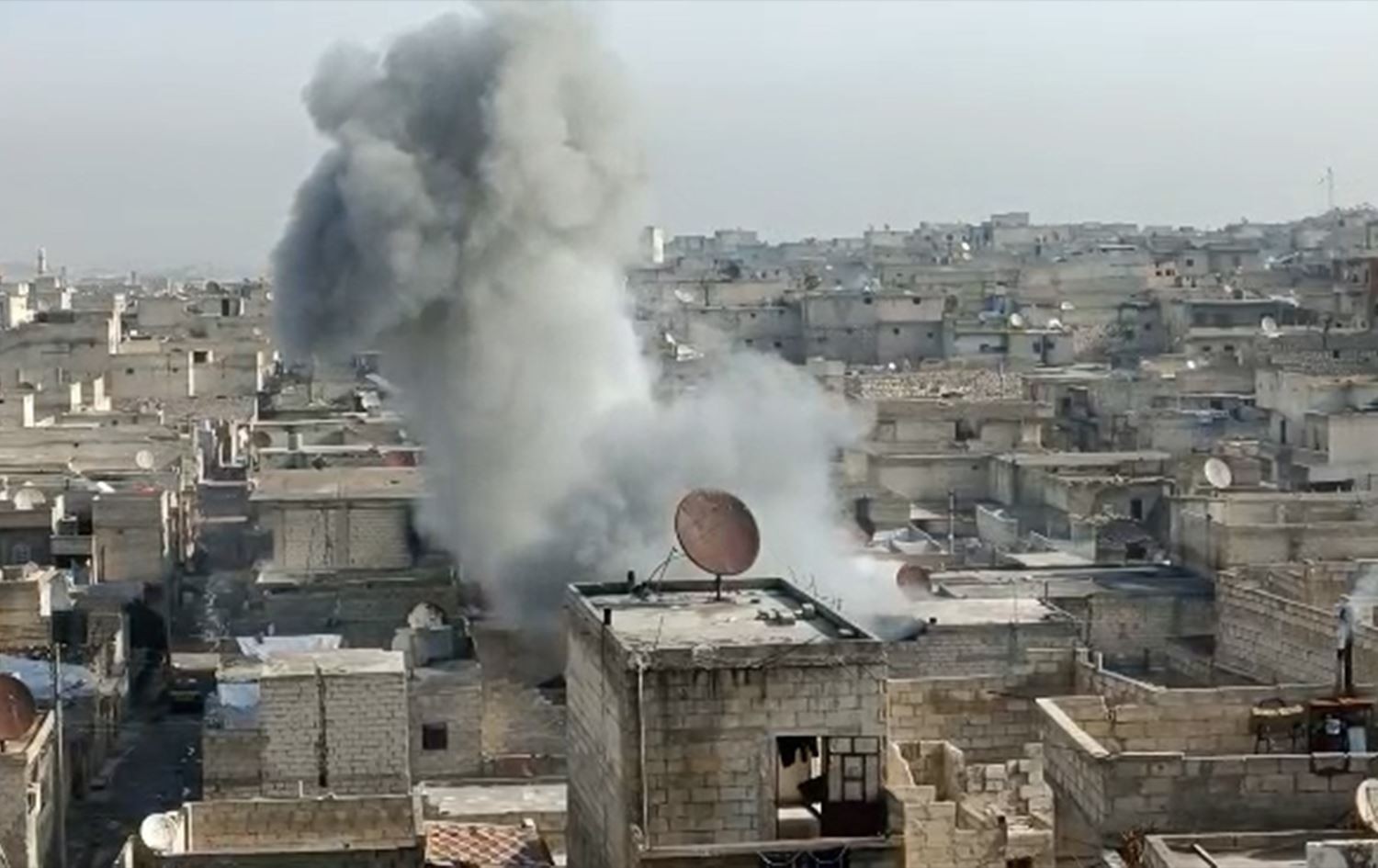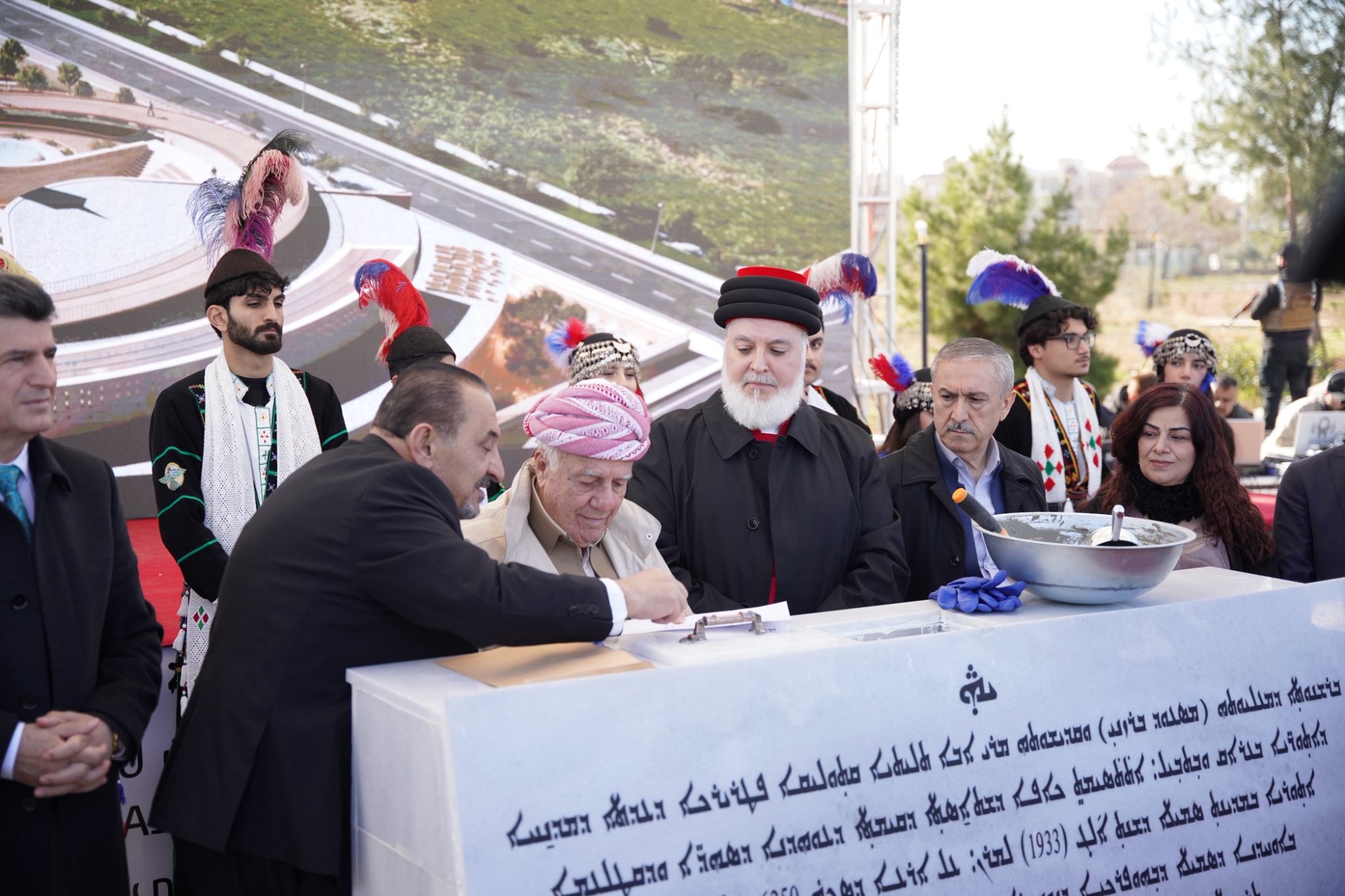Human Rights Watch (HRW) in a report on August 13 said that the Iraqi federal government is refusing to recognize the validity of DNA samples taken by Kurdistan Regional Government (KRG) authorities in the investigation of mass graves.
The bodies of hundreds of thousands of victims of unlawful killings remain buried in mass graves across Iraq. The graves contain the bodies of victims of successive conflicts, including Saddam Hussein’s genocide against the Kurds in 1988 and mass killings by ISIS between 2014 and 2017.
Khabat Abdullah, an advisor at the KRG Ministry of Martyrs and Anfal Affairs told HRW that the KRG Ministry of Interior’s criminal forensics department runs a lab with the capacity to do DNA identification of five to seven remains per day.
However, under Iraq’s Law on the Protection of Mass Graves, only the lab in Baghdad is authorized to analyze DNA samples taken from mass graves.
Sabah Sabri, whose father and uncle were killed by ISIS in 2014 and dumped in a mass grave in Khana Sor, told HRW that he recognized his father by his clothes. “My neighbor also recognized his father because he had his medicine and the house keys on him,” he said.
Kurdish officials took DNA samples from Sabri and other community members to confirm the identities of those in the grave. Sabri later received official confirmation that his father was among those found in the grave.
Despite this, Sabri said that his family still has not received any death certificate for his father as of July 2024. “The Iraqi federal government refuses to recognize the DNA tests conducted by Kurdish authorities, so they aren’t giving us a death certificate. The KRG told us they would issue a death certificate for us, but federal authorities told us they wouldn’t recognize that, either.”
Without the death certificate, the family cannot claim his retirement benefits or any other government support. “I’ve spent over $3,000 and seven years trying to get his death certificate,” Sabri told HRW .
In the report, HRW said that the pace of exhumations and bureaucratic obstacles prevent families of victims buried in mass graves from getting closure and add insult to injury.
“My father’s remains were identified recently,” said Shireen Khairo, whose father was killed by ISIS and found in a mass grave in Hardan, Sinjar district. “But we only received half of his skeleton to bury. I can’t describe how painful and tormenting to the soul this process has been.”
Rebwar Ramazan was one year old when his father, grandfather, six of his uncles, and 105 other men from his family were taken, killed, and their bodies placed in an unmarked mass grave in southern Iraq. Rebwar’s family members were part of the 8,000 men from the Barzan area killed in 1983 by Saddam Hussein’s government, which the Iraqi High Tribunal ruled was an act of genocide and a crime against humanity.
In 2019, Ramazan went to Samawah, in southern Iraq, to attend the excavation of a recently discovered mass grave from that era. “My mother told me my father was only wearing one sock when they took him, so I was looking at all the remains for a skeleton wearing one sock thinking maybe I would find him,” Ramazan said.
To date, approximately 2,500 remains of Kurds killed between 1980 and 1988 have been recovered from mass graves and returned to the Kurdistan Region, Abdullah told HRW.
Exhuming mass graves is critical to uncovering the truth about gross violations of human rights and ensuring Iraq is able to fulfill its duty to guarantee effective remedies and reparations and conduct effective investigations, HRW said.
Evidence gathered from mass graves can and should also be used in criminal proceedings to ensure perpetrators of crimes are held accountable.
HRW underlined that the Iraqi government should increase efforts to exhume mass graves in Iraq through an impartial approach independent of the identity of the victims and alleged perpetrators.
“Exhuming all of Iraq’s mass graves will require a serious and sustained commitment from Iraqi authorities, and it’s one that must absolutely be made,” Sarah Sanbar, Iraq researcher at HRW, said. “Healing the wounds of the past won’t be possible without it.”
Moreover, in 2023 the federal government decided to end the mission of the UN Investigative Team to Promote Accountability for Crimes Committed by ISIS (UNITAD), which was created in 2017, by September 2024 because it has not provided evidence to Iraqi courts.
UNITAD has supported the Iraqi government’s Mass Graves Directorate and the Medico-Legal Directorate in the excavation of 67 mass graves related to ISIS during its mandate.
Many fear this may hinder the discovery of mass graves, especially since Baghdad has authorized only one laboratory, the Medico-Legal Directorate’s forensic DNA laboratory in Baghdad, to conduct DNA identification of remains exhumed from mass graves.
“Our one hope as victims and survivors was UNITAD,” a man whose father, brother, and two uncles were found in a mass grave south of Sinjar told HRW. “Many things are going to get worse when they leave. I’m not sure that the Iraqi government has the capacity to fill the gap that will be left by UNITAD’s departure.”

